Video: First-in-human phase I trials in collaboration with industry
The Institute of Cancer Research, London runs one of the most successful academic drug development programmes in the world, in close partnership with our partner hospital The Royal Marsden.
The Drug Development Unit (DDU) is one of the flagship joint initiatives between the two organisations. One of the world’s leading phase I trial centres in oncology, the DDU leads around 50 first-in-human trials at any one time, largely with industry sponsors.
Professor Udai Banerji is Deputy Director of the Drug Development Unit (DDU) at The Institute of Cancer Research and the Royal Marsden NHS Foundation Trust. With two decades of experience working in cancer research and clinical oncology, he plays a key role bridging pre-clinical and clinical drug development, designing and conducting first-in-human phase I trials of new cancer drugs.
He has been principal or sub-investigator in over 135 academic and industry-sponsored phase I trials, including of inhibitors of HDAC, AKT, the alpha-folate receptor, Hsp90 and Chk1. At any one time, researchers in the DDU are leading around 50 first-in-human clinical studies, including many sponsored by pharmaceutical companies.
Professor Banerji also leads the Clinical Pharmacodynamics Biomarker Group and the Clinical Pharmacology-Adaptive Therapy Group within the Centre for Cancer Drug Discovery (formerly called Cancer Research UK Cancer Therapeutics Unit) at the ICR, providing early insights into clinical relevance during target prioritisation.
As well as working to optimise doses, schedules and predictive biomarkers for new cancer therapies, his research interests include translational proteomic approaches to study and overcome drug resistance using combination therapies.
Watch more videos of our researchers
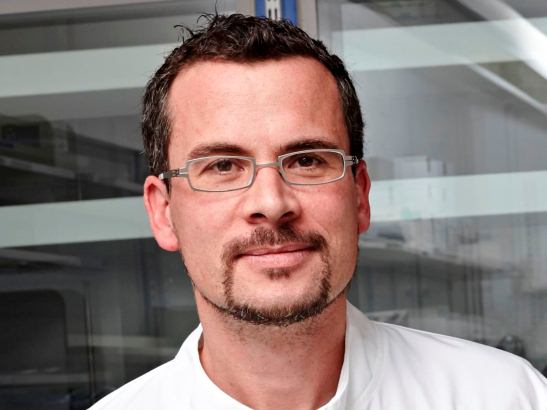
Working with pharmaceutical companies
Dr Marco Gerlinger's Translational Oncogenomics Team are keen to develop new partnerships to continue their work, and to access drugs that could reverse the resistance mechanisms that the team has identified so far.
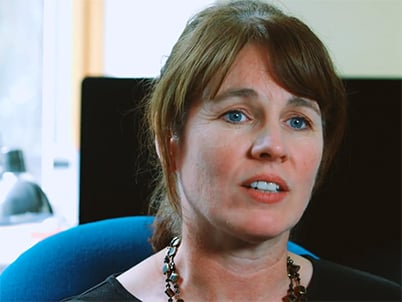
New partnerships in cancer epigenetics
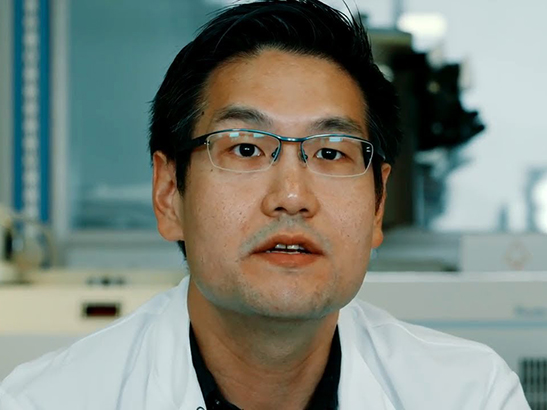
Sharing experience with industry partners
Our Molecular and Systems Oncology Team, led by Dr Paul Huang, is keen to collaborate with industry partners on a number of projects on biochemistry, computational modelling, molecular pathology and proteomics.
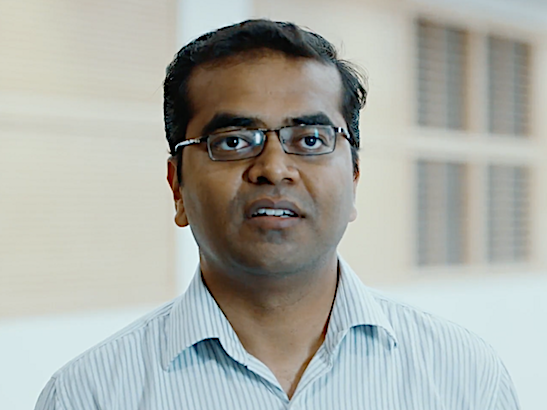
Collaborating with commercial partners
Our Systems and Precision Cancer Medicine team, led by Dr Anguraj Sadanandam, is investigating ways to stratify tumours based on their genetic and clinical diversity.
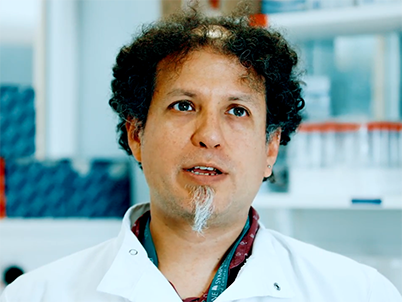
The benefits of partnering with industry
Our Molecular Addictions team, led by Dr Igor Vivanco, is working on a variety of projects that could be developed in collaboration with commercial partners.
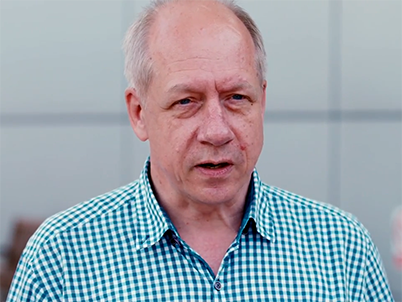
Exploring new opportunities for collaborative working
Professor Uwe Oelfke, Deputy Head of the Division of Radiotherapy and Imaging, is keen to explore new opportunities for collaborative working with industry.